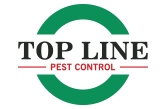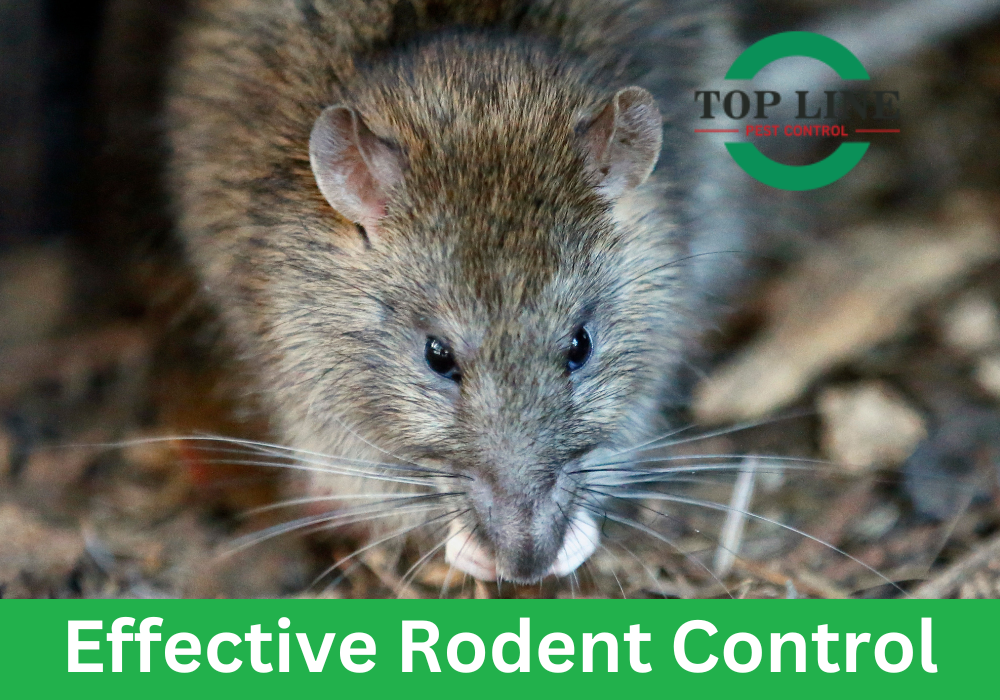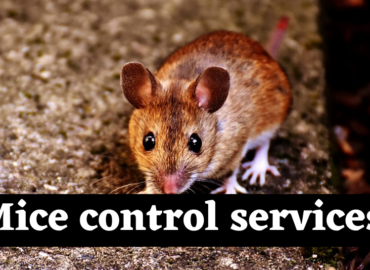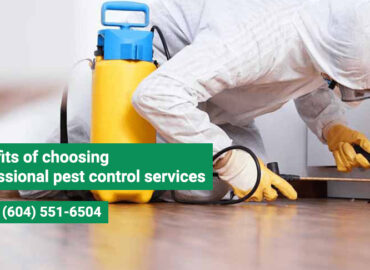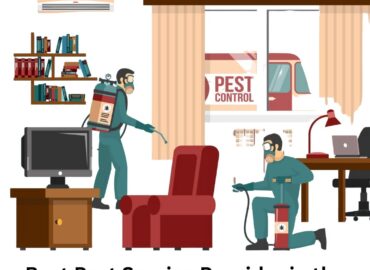Rodents, such as rats and mice, are not only a nuisance but also pose significant health risks to residents and businesses in Port Coquitlam. These pests are notorious for contaminating food, causing structural damage, and spreading diseases.
To maintain a safe and healthy environment, it is essential to implement rodent control measures that prevent infestations, protect your property, and ensure your food remains safe from contamination.
This article will provide detailed Guide to Effective Rodent Control, emphasizing the importance of both proactive and reactive measures to keep your space free from rodents.
Understanding the Rodent Problem in Port Coquitlam
Rodents are opportunistic creatures that will infiltrate homes and businesses in search of food, water, and shelter. They can enter through surprisingly small holes, causing significant damage to buildings and their contents.
Their ability to reproduce rapidly means that once an infestation takes hold, it can quickly spiral out of control, resulting in expensive repairs, health hazards, and a general feeling of unease in your living or working space.
The consequences of a rodent infestation extend far beyond the immediate damage they cause. Rodents can spread harmful diseases such as leptospirosis, salmonella, and hantavirus through their droppings, urine, and saliva.
They can also carry parasites like fleas, ticks, and mites, which can further spread diseases to humans and pets. Their constant gnawing on electrical wires, insulation, and wooden beams can lead to structural damage that is not only costly to repair but also poses a fire hazard.
Prevention Against Rodent Infestations
Preventing rodents from entering your property is the most effective strategy for avoiding the risks associated with a rodent infestation. By reducing the likelihood of access to food, water, and shelter, you can make your property less attractive to these pests.
Seal Entry Points
One of the first steps in rodent prevention is sealing any entry points in your property. Rodents can squeeze through tiny gaps, so it’s essential to thoroughly inspect the exterior of your building for holes or cracks in walls, floors, roofs, and foundations.
Pay special attention to areas around pipes, vents, and chimneys, as these can serve as entry points for rodents. Seal any gaps using steel wool or caulking, as rodents are unlikely to gnaw through these materials.
Store Food in Airtight Containers
Rodents are always on the lookout for food sources. To prevent attracting them to your property, store all food, including pet food, in airtight containers with tight-fitting lids. This simple step will eliminate easy access to food that could attract rodents and reduce the chances of contamination.
Avoid leaving pet food out overnight, as it is an open invitation for rodents to visit your home.
Keep Garbage Bins Tightly Closed
Rodents are scavengers and will readily forage for food in improperly secured garbage bins. Make sure all your garbage bins have tight-fitting lids and are regularly emptied. Keep garbage bins in secure locations that are difficult for rodents to access, and avoid leaving food scraps or trash around your property that could attract pests.
Remove Clutter and Provide No Shelter for Rodents
Clutter and debris can serve as perfect hiding spots for rodents and provide them with nesting materials. Regularly clean and declutter areas around your home or business to reduce potential hiding spots. Pay special attention to attics, basements, and storage areas. By removing clutter, you eliminate places where rodents can build nests and hide from predators.
Trim Trees and Shrubs
Rodents can gain access to your roof and attic through trees and shrubs that provide a bridge to higher areas of your property. Trim back any overhanging branches that may allow rodents to climb onto your roof or enter through open vents and chimneys. Regular maintenance of your landscaping can significantly reduce the chances of rodent access to your home or business.
Install Screens and Vents
To further limit rodent entry, install screens on all windows, vents, and chimneys. These barriers will prevent rodents from entering through these openings while allowing airflow and ventilation. Be sure to check the screens regularly for tears or holes, as even the smallest opening can serve as an access point for rodents.
Signs of a Rodent Infestation
Even with preventive measures in place, it’s essential to regularly inspect your property for signs of a rodent infestation. Some common indicators include:
- Droppings: Rodents leave behind small droppings, usually near food sources or hiding spots.
- Gnaw Marks: Rodents have sharp teeth and are known to gnaw on furniture, walls, and wires.
- Unpleasant Odors: A strong, musty smell may be present if rodents have established nests in walls or attics.
- Footprints: If rodents are active during the day, you may notice small footprints or tracks around your property.
- Sounds: Scratching or scurrying noises coming from walls, ceilings, or attics, especially at night, are often a sign of rodent activity.
If you notice any of these signs, it’s important to take action immediately to prevent further damage and contamination.
Rodent Control Methods
If you confirm that you have a rodent infestation, the next step is to implement effective control measures. Here are some common methods for dealing with rodent problems:
Traps
Traps are one of the most common and effective methods for controlling rodents. Snap traps and live traps are popular options, with each offering different benefits. Snap traps quickly kill rodents, while live traps allow you to capture and release them elsewhere. When using traps, be sure to place them in areas where rodents are known to travel, such as along walls or near food sources.
Baits
Baits can be used to poison rodents, killing them after they consume the toxic substance. However, it’s important to use caution when handling rodent baits, as they can be dangerous to pets and children. If you opt for baits, place them in areas that are out of reach of other animals.
Repellents
Repellents can be effective in deterring rodents from entering or staying in an area. These products create unpleasant conditions that rodents find intolerable, such as strong smells or tastes. While repellents may not fully eliminate an infestation, they can help reduce the number of rodents in a particular area.
Exclusion
Exclusion involves creating physical barriers that prevent rodents from accessing certain spaces. This can be achieved by sealing gaps, installing screens, and blocking potential entry points to limit the movement of rodents in and around your property.
Professional Pest Control Services
If your rodent problem is severe or difficult to manage, consider seeking professional pest control services. Companies like Topline Pest Control offer comprehensive rodent control solutions, including inspection, trapping, exclusion, and cleanup. Their expertise ensures that your property is thoroughly treated and free from rodents.
Summing Up:
Rodent infestations are a common problem in Port Coquitlam, but with the right preventive and control measures, you can protect your property and health. Prevention is key—by sealing entry points, storing food in airtight containers, and removing potential shelter for rodents, you can significantly reduce the risk of an infestation.
Regular inspections and quick action can help prevent the spread of disease and property damage if you do encounter rodents.
If you suspect a rodent infestation or need help implementing effective control methods, don’t hesitate to contact a professional pest control service. Taking prompt action will ensure that your property remains safe, secure, and rodent-free.
For expert rodent control in Port Coquitlam, reach out to Topline Pest Control for a consultation today. Let professionals take care of your rodent problems so you can enjoy a peaceful, pest-free home or business environment and regain your peace of mind.
